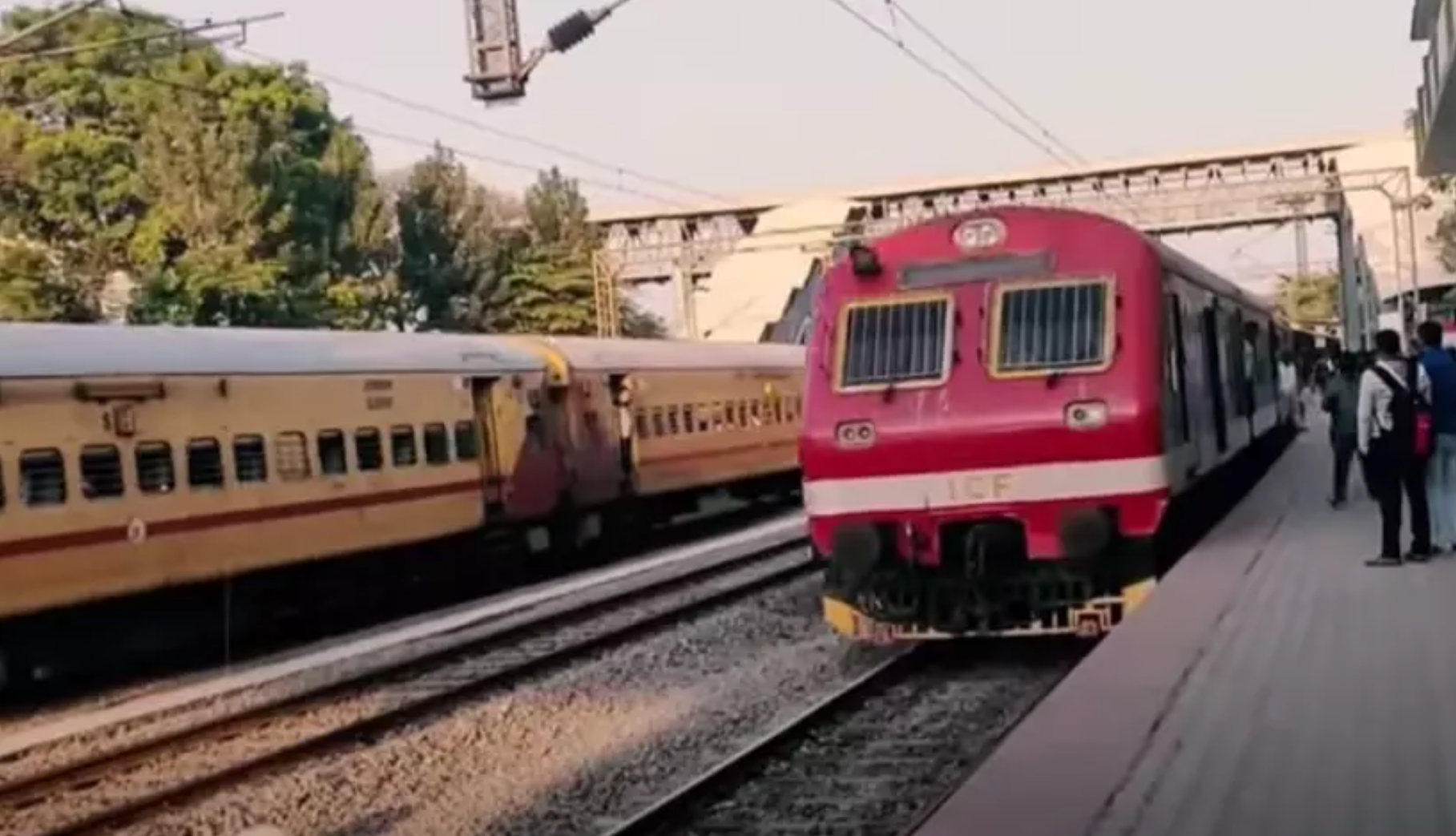The Bengaluru Suburban Rail Project (BSRP), a 149.348 km commuter rail network with 64 stations along four corridors, is progressing steadily with the support of the German government and the extension of the completion deadline.
The project, which was approved by the Central Government in October 2020 with an estimated cost of Rs 15,767 crore, aims to connect the outskirts of the state capital to the city centre and ease the traffic congestion and pollution. The project’s foundation stone was laid by Prime Minister Narendra Modi in June 2020.
On Friday, February 9, 2024, K-RIDE, the nodal agency for implementing the BSRP, and KFW Development Bank, a German government-owned development bank, signed a Memorandum of Understanding (MoU) in Bengaluru for funding of Rs 4,561 crore (500 million euros). As per the agreement, KFW will provide a loan of Rs 4,561 crore at 4 percent interest for 20 years.
This is the supplementary agreement between KFW and K-RIDE, followed by the primary agreement between the Department of Economic Affairs, Government of India and KFW for the disbursal of Rs 4,561 crore, which took place in December 2020.
The loan will be utilised for the works of Corridor-3 (Kengeri to Whitefield) station and viaduct, Corridor-4 (Heelalige to Rajanukunte) station work, Depot-1 (Devanahalli), S and T Signal and Telecom, PSD (platform Screen Door), AFC (Automatic Fare Collection), solar panel and security equipment, MMI (Man Machine Interface), among others.
Karnataka Industries Minister M B Patil, who was present at the signing ceremony, said that the loan highlights how the project will be executed under the terms and conditions of the loan, its repayment schedule, and obligations.
He also announced that the works on all four corridors of BSRP will be completed by December 27, 2027, an extension of nearly 3.5 years after the Prime Minister promised to complete the works in 40 months by July 2022.
Patil said that the government is committed to ensuring transparency and accountability in the utilisation of the loan proceeds and that robust monitoring mechanisms will be in place to track expenditure and ensure that funds are used efficiently to maximise socio-economic benefits for the citizens.
He also stressed that the Suburban trains will be on par with metro services, with regular availability of trains and modern amenities.
The BSRP is being implemented by Rail Infrastructure Development Company (Karnataka) Limited (K-RIDE) with a deadline of 2026. The project is funded through the equity contribution of the Government of India, the Ministry of Railways and external borrowing in the ratio of 20:20:60.
The project’s Corridor 1 & 3 will be funded by the loan from KFW, while Corridor 2 & 4 will be funded by the equity contribution and other sources.
The project’s route map and status updates can be found on a website dedicated to covering metro and suburban rail projects in India.
According to the website, the project’s Corridor 2 (Baiyyappanahalli Terminal – Chikkabanavara) work will be completed in 26 months, as announced by Patil in August 2020. So far, 10-15 per cent of the work on corridor 2 has been achieved and the ground works are expected to be completed in the next 10 months.
The website also reports that the quadrupling of the section with automatic signalling from Bengaluru Cantonment to Whitefield is in progress, with completion targeted during 2024-25. The final location survey for quadrupling Bangarpet-Jolarpet, Bengaluru- Tumakuru, and Bengaluru-Mysuru sections has been sanctioned.
The BSRP is expected to benefit lakhs of commuters in Bengaluru and its neighbouring districts, as well as boost the economic growth and development of the region. The project will also reduce the carbon footprint and fuel consumption of the city, as well as improve the air quality and public health.
The BSRP is one of the flagship projects of the Karnataka government and the Ministry of Railways, and has been hailed as a game-changer for the mobility and connectivity of Bengaluru. The project has also received support and appreciation from various stakeholders, including the civil society, the media, and the public.



